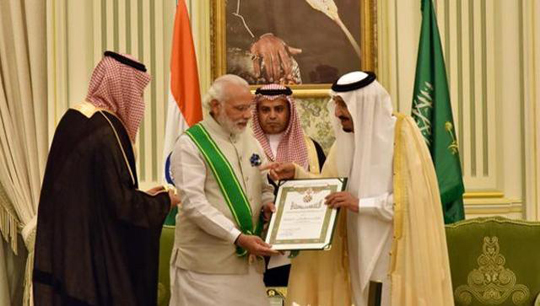Mangaluru, May 11: The first evocation flight from Dubai to Mangaluru amidst corona crisis is expected to bring back 177 stranded Kannadigas, mainly residents of coastal Karnataka, on Tuesday, May 12.
All the international passengers have to undergo three mandatory upon their arrival at Mangaluru International Airport - the thermal test, pulse oximetry reading and swab test.
They will be categorised based on their health condition and sent to institutional quarantine, said Sindhu B Rupesh, deputy commissioner, Dakshina Kannada.
“Those with some health issues on arrival (Category A) will be ferried through ambulances to quarantine facilities and rest in buses,” she said.
Arriving passengers will be given the option to choose their quarantine home (lodge, hostel and service apartment) based on their budget and preference.
It is learnt that Dakshina Kannada district administration has kept ready close to 1,000 rooms. The tariff for quarantine facilities is between Rs 1,200 and Rs 4,500 (including food) per day.
As per the Karnataka government, as on May 6, about 10,823 stranded expatriates are expected to return home.
The CISF, airport authorities, health and police departments will make arrangements for the arriving repatriates at MIA.
Sindhu said that the district administration has no personal information about the arriving passengers and there is high probability that they may belong to other districts or the neighbouring Kerala.
“So far, the district administration has received the missive that 177 passengers will be landing on May 12. If we are given advance details about the expats from other districts/state, the district administration will alert them to make necessary arrangements,” she said.













Comments
When sunni leader Meet Modi Many people blame them but Modi meet salafi leader no one is blamed
Add new comment